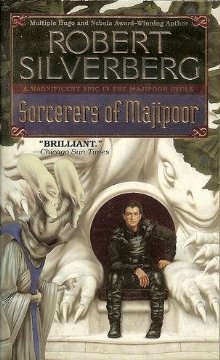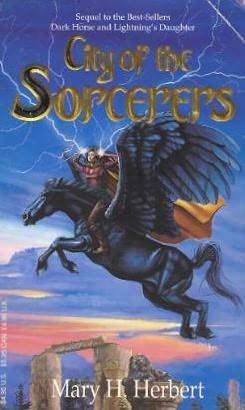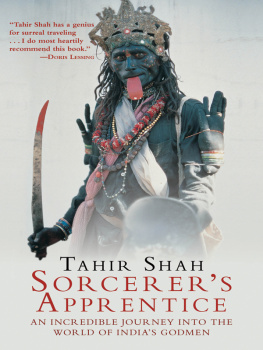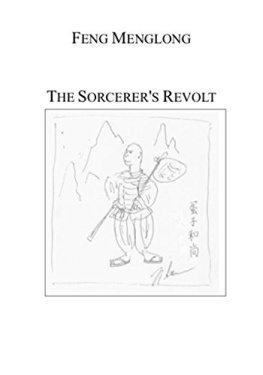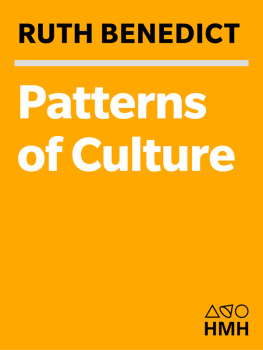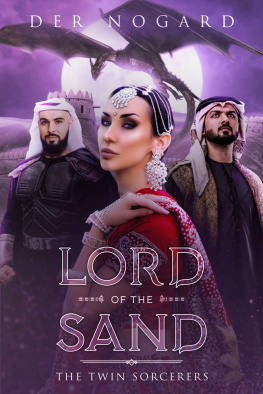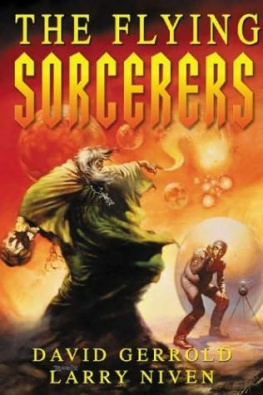Routledge Library Editions
SORCERERS OF DOBU
ANTHROPOLOGY AND ETHNOGRAPHY
Routledge Library Editions
Anthropology and Ethnography
SOUTH PACIFIC AND AUSTRALASIA
In 9 Volumes
I | The Great Village | Belshaw |
II | Under the Ivi Tree | Belshaw |
III | The Chimbu | Brown |
IV | Mambu | Burridge |
V | Sorcerers of Dobu | Fortune |
VI | Migrations, Myth and Magic from the Gilbert Islands | Grimble |
VII | A Diary in the Strict Sense of the Term | Malinowski |
VIII | Rautahi | Metge |
IX | Coming into Being among the Australian Aborigines | Montagu |
SORCERERS OF DOBU
The Social Anthropology of the Dobu Islanders of the Western Pacific
R F FORTUNE
First published in 1932
Reprinted in 2004 by
Routledge
2 Park Square, Milton Park, Abingdon, Oxon, OX14 4RN
Transferred to Digital Printing 2009
Routledge is an imprint of the Taylor & Francis Group
1963 R F Fortune
All rights reserved. No part of this book may be reprinted or reproduced or utilized in any form or by any electronic, mechanical, or other means, now known or hereafter invented, including photocopying and recording, or in any information storage or retrieval system, without permission in writing from the publishers.
The publishers have made every effort to contact authors/copyright holders of the works reprinted in Routledge Library Editions Anthropology and Ethnography. This has not been possible in every case, however, and we would welcome correspondence from those individuals/companies we have been unable to trace.
These reprints are taken from original copies of each book. In many cases the condition of these originals is not perfect. The publisher has gone to great lengths to ensure the quality of these reprints, but wishes to point out that certain characteristics of the original copies will, of necessity, be apparent in reprints thereof.
British Library Cataloguing in Publication Data
A CIP catalogue record for this book is available from the British Library
Sorcerers of Dobu
ISBN 0-415-32556-0 (set)
ISBN 0-415-33054-8
Miniset: South Pacific and Australasia
Series: Routledge Library Editions Anthropology and Ethnography
SORCERERS OF DOBU
THE SOCIAL ANTHROPOLOGY OF THE DOBU ISLANDERS OF THE WESTERN PACIFIC
BY
R. F. FORTUNE
M.A. (N.Z.), Dip. Anthrop. (Cambridge), Ph.D. (Columbia)
WITH AN INTRODUCTION BY
B. MALINOWSKI
Professor of Anthropology in the University of London, Member of the Polish Academy of Science, Author of Argonauts of the Western Pacific, The Sexual Life of Savages, etc.
LONDON
ROUTLEDGE & KEGAN PAUL LTD
BROADWAY HOUSE: 6874 CARTER LANE, E.C.4
First published 1932
by George Routledge & Sons Ltd
Broadway House, 6874 Carter Lane
London, E.C.4
Revised edition 1963
Printed in Great Britain by Butler & Tanner Ltd Frome & London
R. F. Fortune 1963
No part of this book may be reproduced in any form without permission from the publisher, except for the quotation of brief passages in criticism
Australasian National Research Council Expedition to New Guinea, 19278
List of Illustrations |
Between pages 142 and 143 |
PLATE |
TEXT |
FIG. |
T HE Dobuan Islanders discussed in this book are islanders of the Eastern Division of Papua, as are the Goodenough, the Fergusson, the Woodlark, the Rossel, the Sud-est, the Amphlett and the Trobriand Islanders. There is much that is unknown about their history, but they plant the yam and the taro which have not grown in the wild type in north-east Africa or south-west Asia since the late Miocene. No evidence of blood antigens which are possible Mongoloid or possible Negro markers have been found in blood surveys in their wider area. They speak languages which D. MacDonald in his work The Oceanic Languages treats as proto-Semitic in family. There is some question about his classification, but there may, perhaps, be something in an opinion that they may have sailed from south-west to southeast Asia to the Pacific Islands since the dates of the beginning of agriculture in south-west and in south-east Asia.
The domains of the Trobriand Island chiefs and of their home groups of about thirty men and their wives and children are not wide in area. They are areas of about a thousand acres, nine-tenths of which lies fallow in secondary growth in every season and which are cultivated by slash and burn agriculture. Such areas are not distinctive in acreage or in the method of agriculture used in them or in the number of persons who live on them from the areas of other social groups in the DEntrecasteaux Islands and in the Trobriand Islands. In their social customs the Trobriand Islanders differed from the Goodenough, the Fergusson, the Amphlett, the Rossel and the Dobuan Islanders, but not from the islanders of the Marshall Bennett group, in recognizing distinctions of rank and in giving many of their daughters hands in marriage to chiefs. They differed from the Samoans, the Fijians, the Tongans, the Hawaiians, Marquesans and the Maori in the number of wives of chiefs. There is a suggestion in Malinoski that the Trobrianders were more nearly related to the Solomon Islanders or the islanders of the New Hebrides than to other islanders of the Eastern Division of the Papua. It is unlikely, however, that such was the case. There are many Dobuan and Trobriand Islanders of the same clans. In neolithic society war refugees sometimes settled on land in the country of the next people, assuming their language in a generation or two. Their culture of stone tools was of polished stone and they also took care if they were Dobuan to curtsey or bend forward to their senior relatives by marriage as Trobriand or Fijian Islanders did to chiefs and as Trobriand women curtsied to their brothers. Malinowski assumed that the Trobriand Island way of working by the communal organization of agricultural labour to clear, burn, break and plant the field of each member of the community in turn was not found in other islands in which slash and burn agriculture was practised. It was and is still, however, the general method which is used. War refugees who regrouped on land in the country of the next people probably assumed the customs and manners of their country of adoption without difficulty.
In touching on the topic of neolithic society in the islands before 1883 when Papua was declared a British protectorate and united into a polity, Malinowski hazarded an opinion that the Trobriand Islanders were united into a polity with one chief of limited powers, but of considerable influence, at its head. As a matter of fact they were then disunited and Malinowskis estimates of the number of the wives, the extent of the area of influence, and the amount of the wealth of the eighteenth and nineteenth predecessors of the chief of the Tabalu lineage of the Malasi clan who resided at Omarakana village in north Boyowa Island are not supported by satisfactory evidence.





